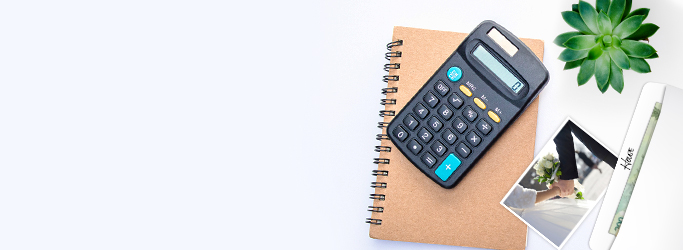Managing Money | Money Basics
What Filipino families should consider when building an emergency fund

An emergency fund prepares you for life’s uncertainties. It is a foundation of good personal finance. Why do you need it? Here are the scenarios when it becomes useful:
- A loss of employment
- When you get sick and need hospitalization
- Major changes in your life
Couples who are more financially aware save up for short-term goals like having a baby. For mid- and long-term goals, such as a college fund or retirement, some set aside money for these important milestones. But without a predetermined scenario or goal, emergency funds are often relegated to the bottom-rung of their priorities.
If you’re newly married, you need to start talking about an emergency fund. As the family grows, your needs and life expenses increase as well. Now, how much of your income goes to an emergency fund?
Here are some conversation starters to help you begin:
-
Talk about money with your spouse or partner- If both of you are working, your conversations will be easier since you can agree on how much each should contribute to the pool that makes up your emergency fund. Things can get complicated when only one of you has a source of income. You now have to carefully plan how to set aside money for this fund. Note that these are conversations, meaning you will have a series of discussions in which you have to agree on a strategy or a way forward.
-
Set your priorities straight- Be it an unexpected health emergency, loss of job, or other unforeseen circumstance, you must agree on your goals. Make sure you do not overspend, incur unnecessary or bad debts, or make one too many impulse purchases. Start with a simple budget, and stick to it.
-
Track and keep a log of your income and expenses- You could track expenses using downloadable mobile apps or go with the traditional pen and paper approach. Both methods require time and effort in writing down your earnings and spending. This way, you have indications on how much you can set aside for an emergency fund.
-
Do an “expense challenge”- If it’s your first time to set up an emergency fund, then it’s okay to test your ability to manage your budget. You can “gamify” your emergency fund plan. But first, set an expense type (e.g. mortgage, transportation, groceries) in your budget. Challenge yourself to track two to three months of spending on these expenses, and then note your progress. Measure how consistently you can stay within budget and still have money for your emergency fund.
-
Consider your debt obligations- When you get married, you or your spouse could have some form of debt. While it’s not at all bad, you need to be upfront with your partner. If you’re in a “bad debt” situation and you cannot maintain steady payments, your ability to put up an emergency fund will be negatively affected, so be honest.
Starting a family is exciting but is also a challenge. If you put in the effort and time to prepare yourself for what’s ahead, consider the act of saving your hard-earned money to keep your family goals from being derailed by emergencies.
For more information on how to build an emergency fund and get an AXA protect package when you open a Metrobank account, visit https://metrobank.com.ph/AXA-personal-accident-insurance
Read these Related Articles:
What is an Emergency Fund and why do you need it?
Understanding good debt and bad debt
More Smart Reads